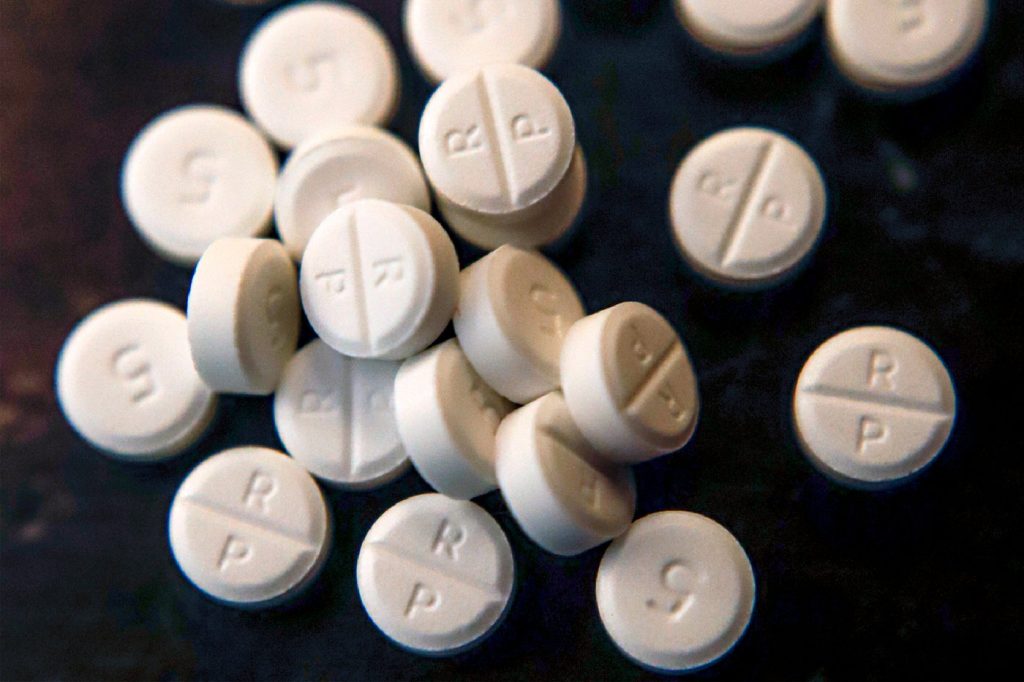A judge announced plans to approve a settlement involving Purdue Pharma, the maker of OxyContin, and members of the Sackler family, aimed at resolving thousands of lawsuits linked to the opioid crisis. U.S. Bankruptcy Court Judge Sean Lane indicated that funds would begin to flow to victims as early as next spring, and he is set to detail his reasoning in an upcoming hearing.
The Sackler family, who have faced considerable public scrutiny for their role in the opioid epidemic that has claimed nearly 900,000 lives in the U.S. since 1999, will contribute up to $7 billion as part of the settlement. Additionally, they will relinquish ownership of Purdue Pharma and agree to a ban on their names appearing on any institutions due to their charitable contributions. Many notable museums and universities have already severed ties with the family amidst ongoing backlash.
The restructured Purdue Pharma will change its name to Knoa Pharma, transitioning into an organization dedicated to public health under board oversight from state officials. While the company may still produce OxyContin, its profits are intended to be redirected towards addressing the opioid crisis. The settlement also mandates the release of millions of internal documents and establishes independent monitoring of the company’s practices.
Purdue Pharma's legal challenges include pending sentencing as a result of a guilty plea negotiated with the U.S. Department of Justice in 2020. The plea involved admissions of misconduct, such as compensating doctors to encourage increased prescriptions and failing to maintain adequate controls to prevent drug diversion.
The settlement outlines a historic provision: approximately $850 million earmarked for individual victims affected by the opioid crisis. This allocation is set to provide financial support specifically to those who were prescribed OxyContin, with individual payouts expected to be around $8,000 or $16,000 based on the duration of their prescription. A further $100 million is allocated for the care of newborns suffering withdrawal symptoms due to maternal opioid use.
Previous settlements related to the opioid crisis have totaled around $50 billion over the past decade, primarily aimed at funding initiatives to combat addiction and overdose. However, the Purdue settlement uniquely incorporates direct compensation for victims and survivors, distinguishing it from other agreements.
Despite the settlement's approval, the Sackler family could still face a wave of lawsuits. A prior Purdue settlement was reversed following a Supreme Court ruling, but the current agreement appears to face less opposition from legal representatives. However, some individual victims have expressed dissatisfaction with the compensation process.
In light of the ongoing legal context, certain entities, including the city of Baltimore, have expressed intentions to pursue lawsuits against Sackler family members, indicating that the legal ramifications surrounding Purdue Pharma and its owners are far from resolved.











